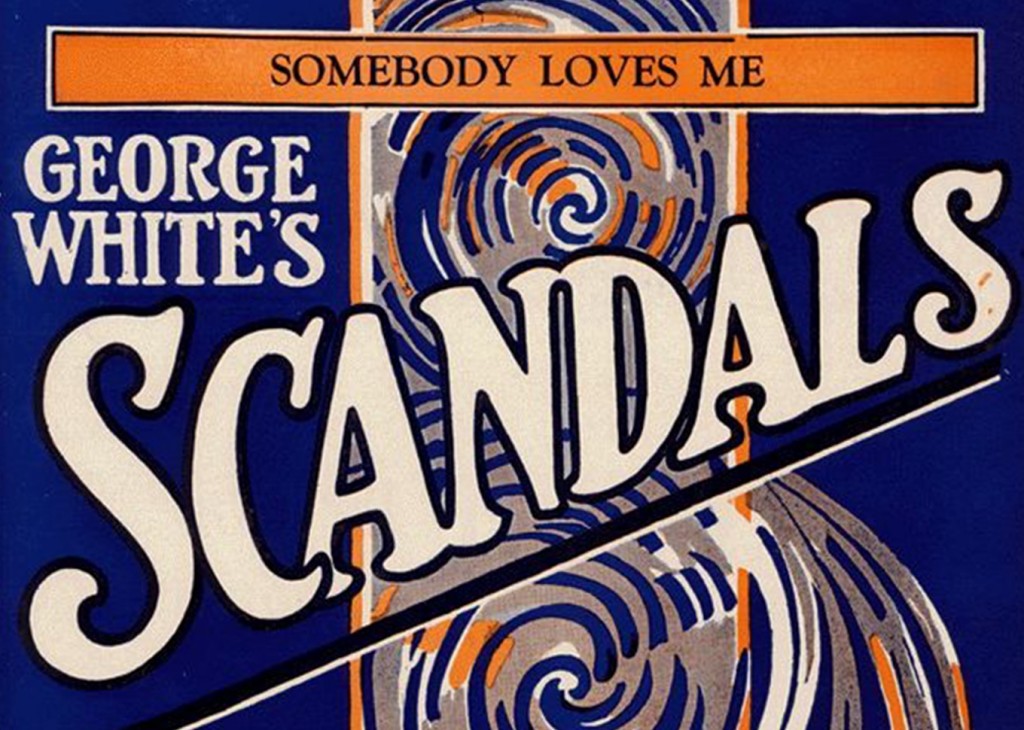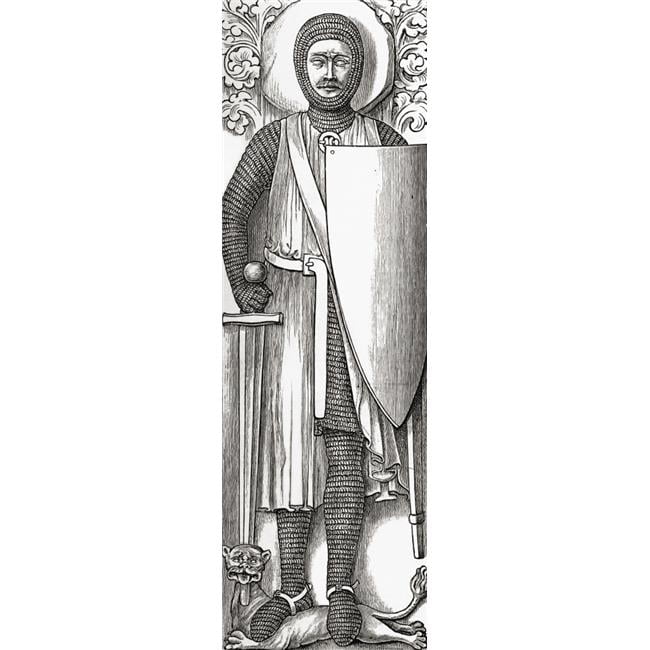
About 20 men were arrested, but all were later acquitted or pardoned. The rebels all went home before the arrival of the army, and there was no confrontation. Washington himself rode at the head of an army to suppress the insurgency, with 13,000 militiamen provided by the governors of Virginia, Maryland, New Jersey, and Pennsylvania.

Washington responded by sending peace commissioners to western Pennsylvania to negotiate with the rebels, while at the same time calling on governors to send a militia force to enforce the tax. The alarm was raised, and more than 500 armed men attacked the fortified home of tax inspector John Neville. Resistance came to a climax in July 1794, when a US marshal arrived in western Pennsylvania to serve writs to distillers who had not paid the excise. Throughout Western Pennsylvania counties, protesters used violence and intimidation to prevent federal officials from collecting the tax.

Many of the resisters were war veterans who believed that they were fighting for the principles of the American Revolution, in particular against taxation without local representation, while the federal government maintained that the taxes were the legal expression of Congressional taxation powers. In these regions, whiskey often served as a medium of exchange. Farmers of the western frontier were accustomed to distilling their surplus rye, barley, wheat, corn, or fermented grain mixtures to make whiskey.

The tax applied to all distilled spirits, but consumption of American whiskey was rapidly expanding in the late 18th century, so the excise became widely known as a "whiskey tax". The "whiskey tax" became law in 1791, and was intended to generate revenue for the war debt incurred during the Revolutionary War.

Rum distillation in the United States had been disrupted during the American Revolutionary War, and whiskey distribution and consumption increased afterwards (aggregate production had not surpassed rum by 1791). Beer was difficult to transport and spoiled more easily than rum and whiskey. The so-called "whiskey tax" was the first tax imposed on a domestic product by the newly formed federal government. The Whiskey Rebellion (also known as the Whiskey Insurrection) was a violent tax protest in the United States beginning in 1791 and ending in 1794 during the presidency of George Washington.


 0 kommentar(er)
0 kommentar(er)
